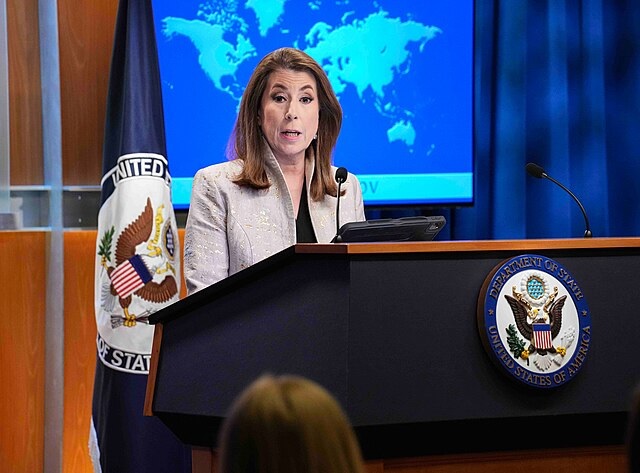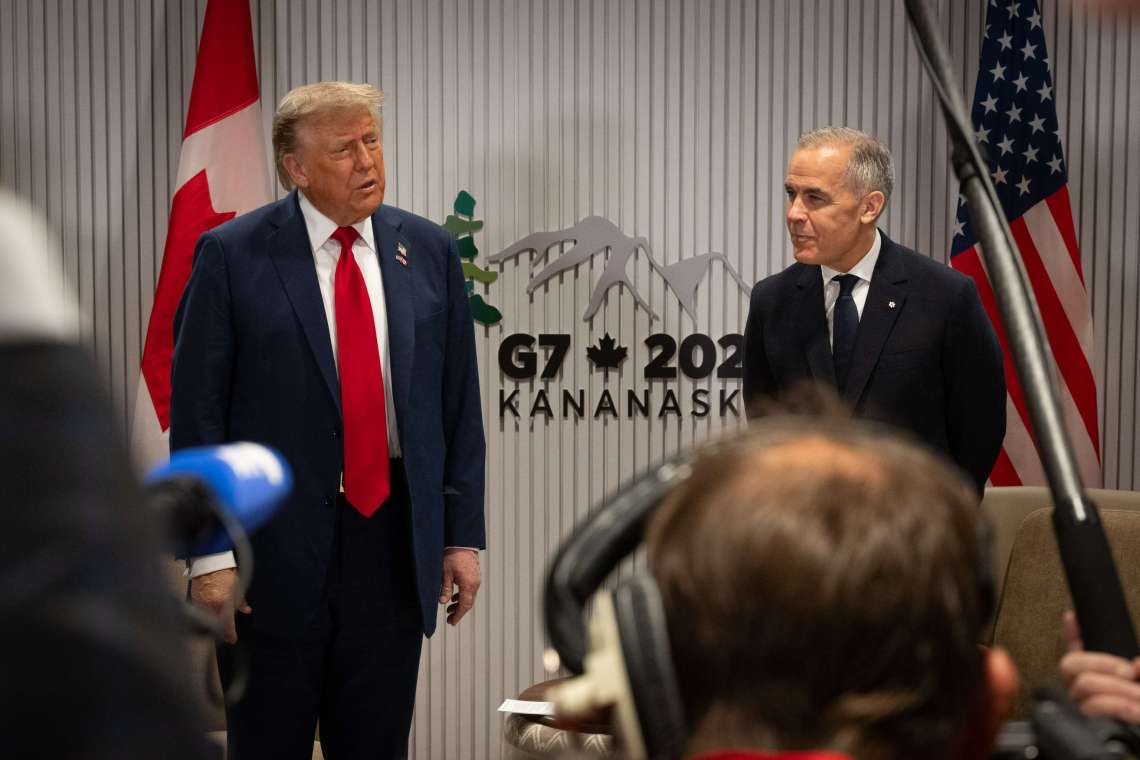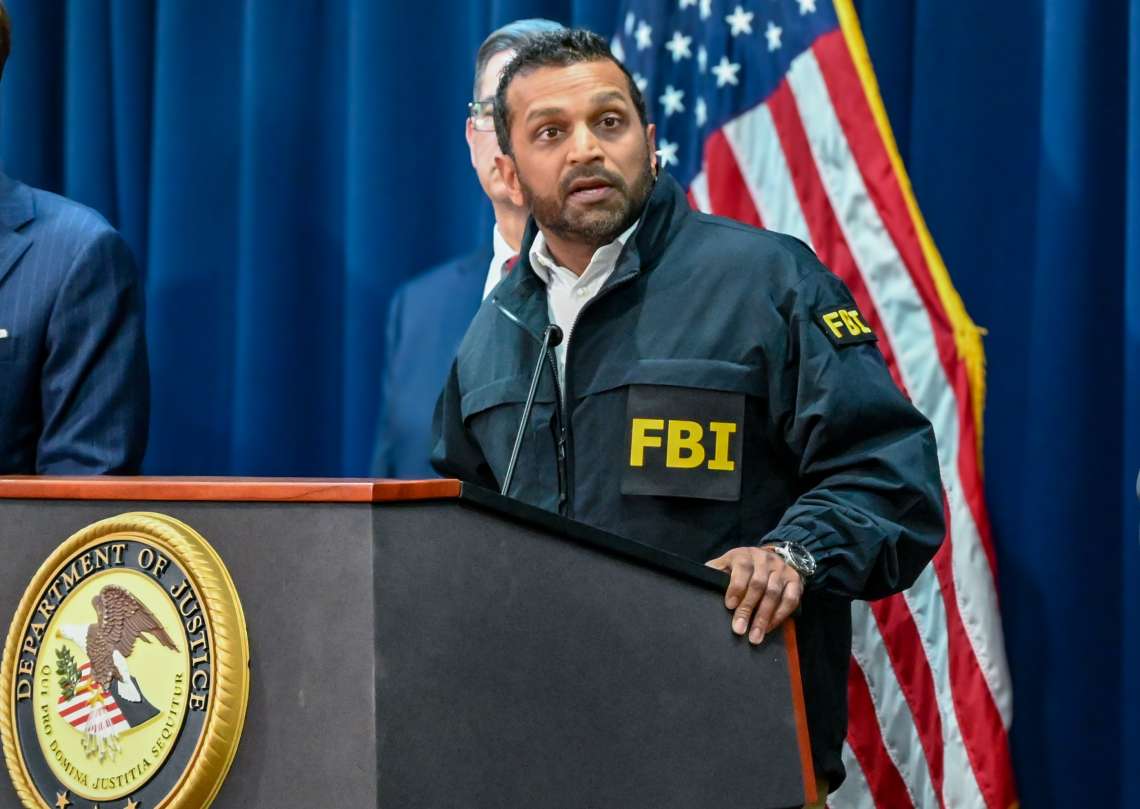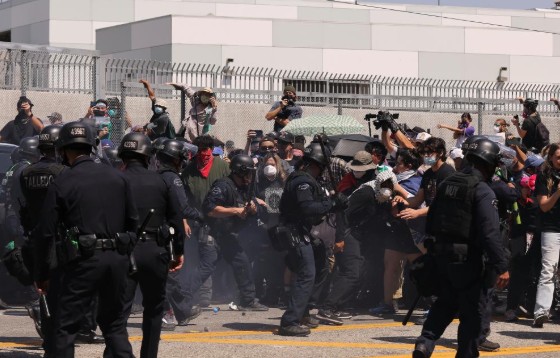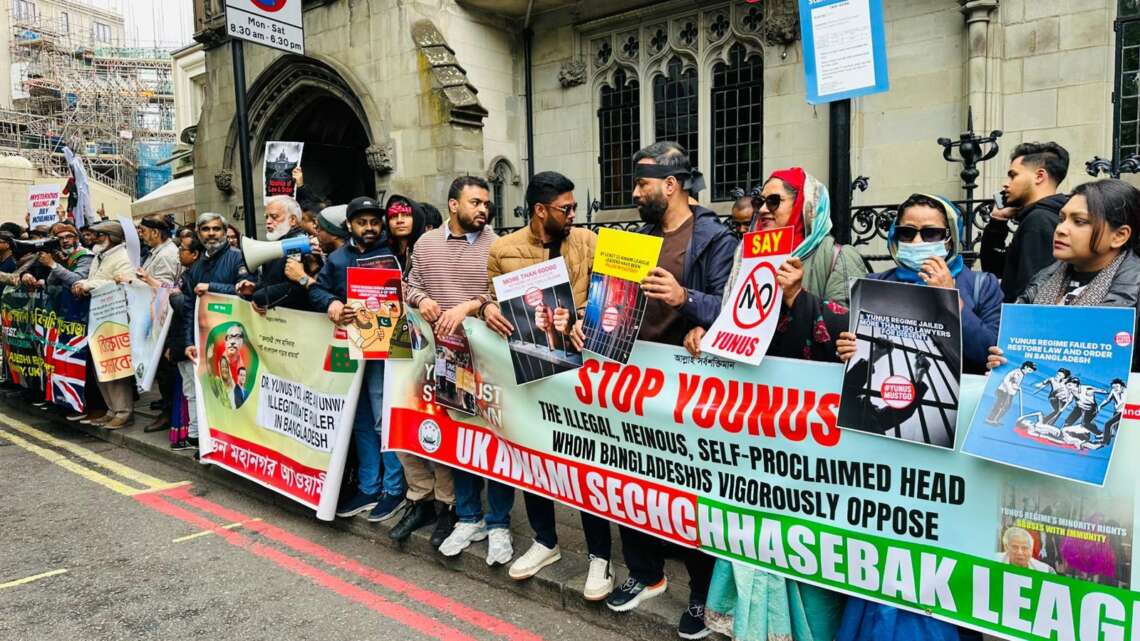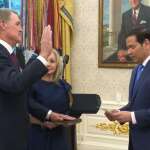India’s refusal to entertain third-party involvement in disputes with its neighbour is girded by the 1972 Tashkent agreement between their leaders….reports Asian Lite News
Despite India’s repeated dismissal of external involvement in the bilateral Kashmir dispute, US State Department Spokesperson Tammy Bruce raked it up, saying that it wouldn’t be a surprise if US President Donald Trump tried to mediate.
Replying to a question at her regular briefing on Tuesday, about what the reporter asserted was Trump’s offer to mediate, Bruce said, “Obviously, I can’t speak to what’s on the mind or the plans of the president”.
But she went on to say, “What I do know is that I think we all recognise that President Trump in each step that he takes, it’s made to solve generational differences between countries, generational war”.
“So, it doesn’t – it shouldn’t — surprise anyone that he’d want to manage something like that” [the Kashmir dispute], she said.
Reiterating India’s stand on Kashmir, India’s External Affairs Ministry Spokesperson Randhir Jaiswal has said, “We have a long-standing national position that any issues pertaining to the union territory of Jammu and Kashmir have to be addressed by India and Pakistan bilaterally”.
“That stated policy has not changed. The outstanding matter is the vacation of illegally occupied Indian territory by Pakistan,” he said.
India’s refusal to entertain third-party involvement in disputes with its neighbour is girded by the 1972 Tashkent agreement between their leaders.
Bruce said that the US reaffirmed “strong support of India in the fight against terrorism, and strategic partnership between those two countries” when the Indian Parliamentary delegation led by Sashi Tharoor met with Deputy Secretary Landau recently.
On Kashmir, Bruce added her own homage to Trump: “He seems very much to be – and not just seems but he is – has been the only one to bring certain people to the table to have conversations that nobody thought was possible”.
“While I can’t speak to his plans, the world knows his nature, and I can’t speak to any details of what he might have in that regard. You can call the White House. I have a feeling they would have plenty to say”, Bruce said.
She also repeated the claim – dismissed by India — that the US had intervened to bring about a ceasefire in the four-day conflict last month between India and Pakistan.
“It is an exciting time that if we can get to a point in that particular conflict [between India and Pakistan], thank God but also thank Secretary [of State Marco] Rubio and President Trump and the Vice President [JD Vance]”, she said, pushing the assertions of US involvement.
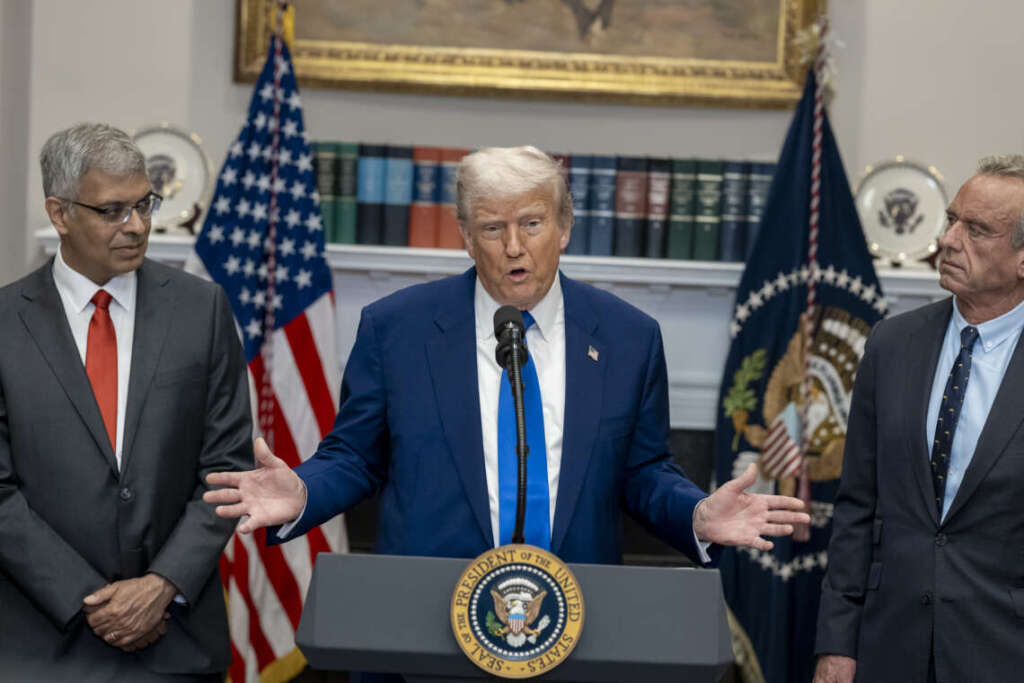
Dismissing such claims, first made by Trump within hours of the cessation of hostilities and repeated by him and others, India’s Foreign Secretary Vikram Misri has said that the US did not broker the India-Pakistan ceasefire.
The two countries decided at a bilateral level to stop the military actions, he told an Indian Parliamentary Committee.
Jaiswal said that it was India’s military might in Operation Sindoor – and not external intervention – that forced Pakistan to seek a ceasefire.
“Let me be clear, it was the force of Indian arms that compelled Pakistan to stop its firing”, he said.
He added, “You will of course appreciate that early on [May] 10th morning, we had mounted an extremely effective attack on key Pakistani Air Force bases. That was the reason they were now willing to stop firing and military action”.
A reporter asked Bruce whether Pakistan had given any assurances that it would take action against terrorists when its delegation led by former Foreign Minister Bilawal Bhutto Zardari met with Under Secretary for Political Affairs Allison Hooker recently.
She said tersely, “I am not going to discuss the details of those conversations”.


